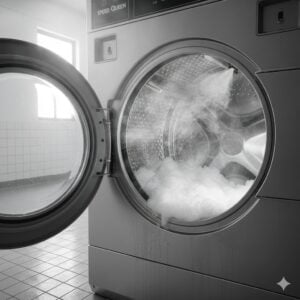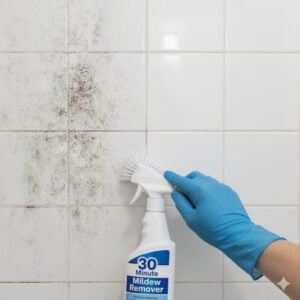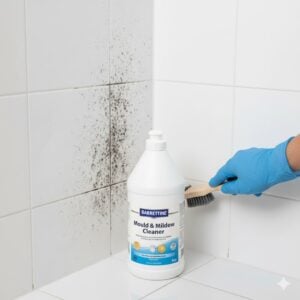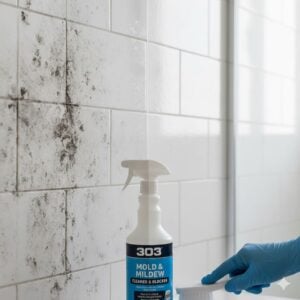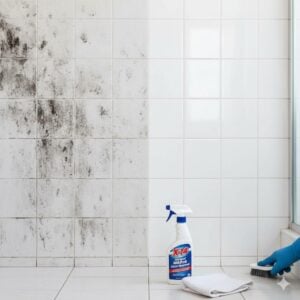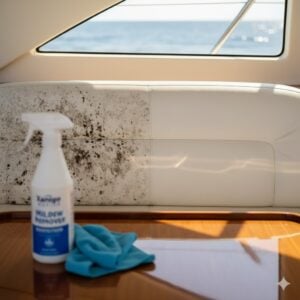Have you ever looked up at the Dubai skyline and thought, “Wow, the air looks so clear today!”? While the sky might seem clean, the truth is—what you’re breathing could be another story. That’s where the Dubai Air Quality Index (AQI) comes in.
The AQI is a simple number that helps you understand whether the air around you is safe or polluted. This is especially important for children, the elderly, and people with asthma or respiratory problems. In a city like Dubai, where dust, heat, and traffic are all part of daily life, knowing the AQI can help us make smarter choices about when to go outside and when to stay indoors.
In this guide, we’ll break down everything you need to know about the Dubai Air Quality Index—what it means, how it’s measured, and what you can do to stay safe when the air turns bad. We promise to keep it simple, useful, and relevant to your everyday life in the UAE.
Table of Contents
Toggle1. What Is the Dubai Air Quality Index?
The Air Quality Index (AQI) is a number between 0 and 500 that shows how clean or polluted the air is. The higher the number, the worse the air. A low AQI (under 50) means the air is fresh and safe. But when the number climbs above 100, it starts becoming a concern—especially for those with health conditions.
Dubai’s AQI is calculated by measuring several common air pollutants. These include:
- PM2.5 – tiny dust particles that can enter your lungs and even your bloodstream
- PM10 – larger dust particles that can irritate your nose and throat
- Ozone (O₃) – harmful gas at ground level, especially during hot afternoons
- Nitrogen Dioxide (NO₂) – released by cars and factories, can cause breathing issues
- Carbon Monoxide (CO) – toxic gas that can be deadly in high amounts
These pollutants are constantly monitored by the Dubai Municipality and other environmental agencies. They collect data from various points around the city, then calculate the AQI and share it through websites or apps like IQAir, AirVisual, and UAE Air Quality.
So next time you see an AQI number on your phone, you’ll know exactly what it means and why it matters for you and your loved ones.
2. AQI Levels in Dubai and What They Mean
To make things easier, the AQI is grouped into color-coded levels. These levels tell you at a glance whether the air is good, okay, or dangerous. Here’s a breakdown of what each level means:
| AQI Range | Label | Color | Meaning |
|---|---|---|---|
| 0–50 | Good | Green | Air is clean and safe for everyone |
| 51–100 | Moderate | Yellow | Generally okay, but some pollution is present |
| 101–150 | Unhealthy for Sensitive Groups | Orange | People with breathing problems should be careful |
| 151–200 | Unhealthy | Red | Everyone may feel effects like coughing or eye irritation |
| 201–300 | Very Unhealthy | Purple | Health warnings; best to stay indoors |
| 301–500 | Hazardous | Maroon | Emergency conditions—avoid outdoor exposure |
It’s a good habit to check the AQI every morning, especially if you plan to jog, walk your dog, or work outdoors. If the number is over 150, it’s smarter to stay in and turn on the air purifier.
3. What Causes Poor Air Quality in Dubai?
You might wonder why Dubai, a modern and well-planned city, sometimes has bad air days. The truth is, several natural and man-made factors contribute to air pollution here. Let’s break down the most common ones so you can understand what’s really going on:
- Heavy Vehicle Traffic: With thousands of cars on the road every day, vehicle emissions are a top contributor. Exhaust from engines releases nitrogen dioxide (NO₂) and other harmful gases into the air.
- Industrial Activities: Construction, manufacturing, and energy production release pollutants like PM2.5 and PM10. These industries are essential to Dubai’s growth, but they do affect the air.
- Dust Storms: As a desert city, Dubai experiences seasonal dust storms. These kick up huge amounts of fine sand particles that stay in the air for hours—or even days—reducing visibility and air quality.
- Climate Conditions: Hot weather and low wind speeds can trap pollutants closer to the ground. This is especially common during the summer months when the heat is intense and the air becomes stagnant.
- Burning Waste or Fires: While not frequent, open burning of waste or accidental fires can cause sudden spikes in air pollution, spreading harmful particles across neighborhoods.
These factors often combine, especially in busy or industrial areas, creating spikes in the AQI even if the sky looks clear. That’s why checking the air quality regularly can help you avoid unexpected health risks.
4. Health Effects of Breathing Polluted Air
So, how bad is bad air for your body? Even short-term exposure to high AQI levels can make a big difference, especially if you already have respiratory issues. Let’s look at how polluted air can affect your health:
- Short-term effects: You might experience coughing, dry throat, itchy eyes, or headaches after just a few hours outside during high-AQI days.
- Asthma & Allergies: If you already have asthma or are allergic to dust, high AQI levels can trigger attacks or flare-ups.
- Reduced Lung Function: Children and older adults are more likely to have reduced lung capacity if they’re constantly exposed to poor air quality.
- Chronic Conditions: Long-term exposure may increase your risk of developing serious health problems like heart disease, lung cancer, and chronic bronchitis.
It’s not just about feeling a bit uncomfortable. Breathing bad air can lower your quality of life—and in some cases, even shorten it. That’s why taking small steps to protect yourself and your family can go a long way.
At Bio-On, we believe awareness is the first step to prevention. Knowing how air quality affects your health helps you make informed choices every day.
5. How You Can Protect Yourself in Dubai
The good news is, even when the air quality isn’t great, there are simple and effective ways to reduce the risk to your health. You don’t need fancy equipment or major changes—just a few smart habits can make a big difference for you and your family.
- Check the AQI Daily: Before heading out, take a moment to check real-time AQI updates using apps like IQAir, AirVisual, or even Google Weather. These apps give color-coded alerts that are easy to follow.
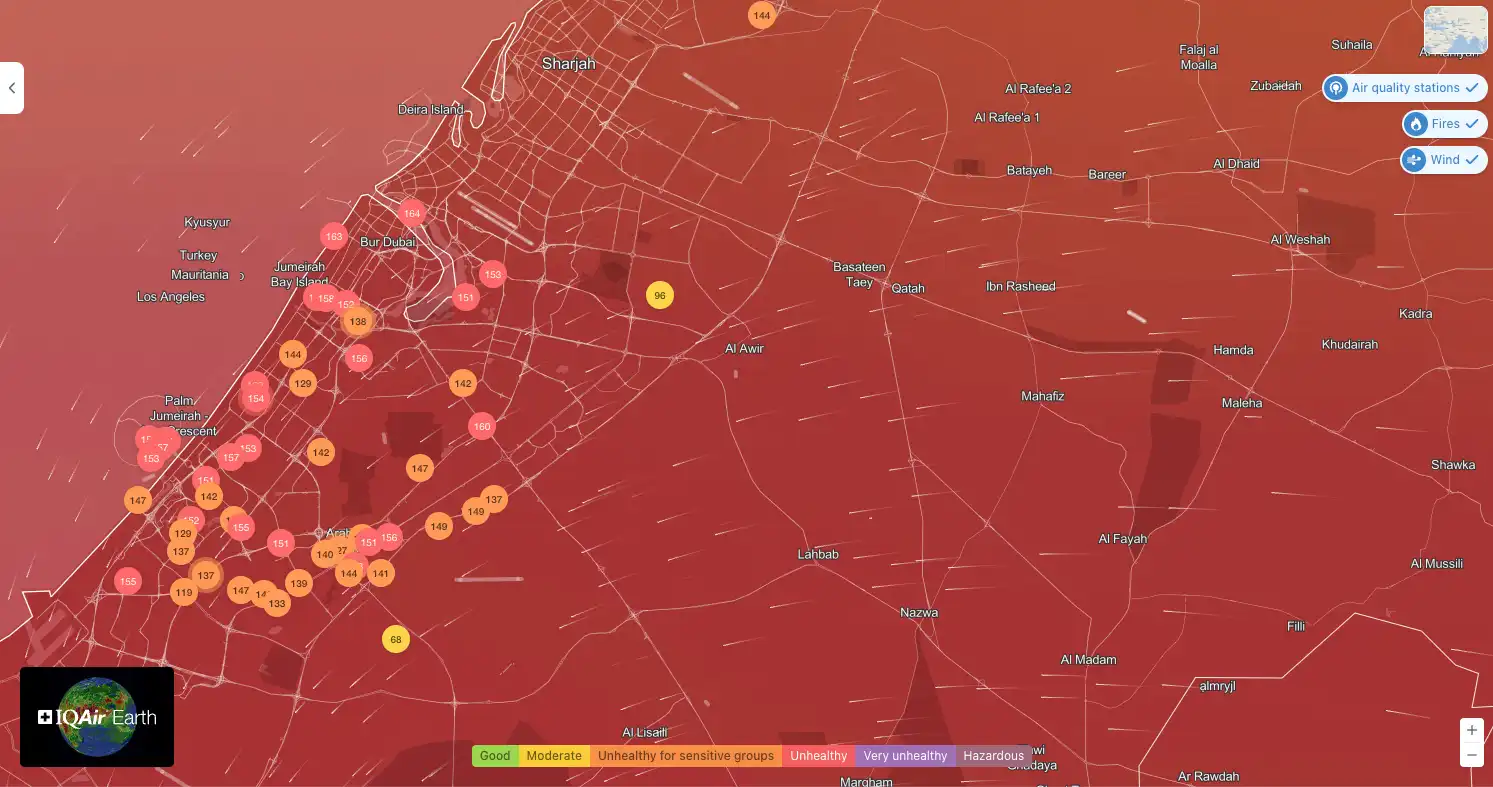
- Stay Indoors When AQI Is High: On days when the air quality reaches “Unhealthy” levels (AQI above 150), avoid outdoor activities, especially in the morning and evening when pollution levels peak.
- Keep Windows Closed: Make sure your home or workspace is sealed during high-pollution days. Use door sweeps and window strips to keep dirty air out.
- Use an Air Purifier: A HEPA-filter air purifier can significantly reduce indoor pollutants. It’s a great investment, especially for bedrooms and living rooms.
- Wear a Mask: If you need to be outdoors during high-AQI hours, use a well-fitting N95 mask. It filters out fine dust and harmful particles more effectively than cloth or surgical masks.
- Add Indoor Plants: Certain plants like peace lilies and snake plants can naturally improve indoor air quality. They’re also easy to care for and add a touch of green to your space.
By following these steps, you can breathe easier and protect yourself without making drastic lifestyle changes. At Bio-On, we understand that a healthy home goes beyond just cleanliness—it starts with the air you breathe.
Conclusion
Air quality isn’t just something for scientists or weather apps—it’s something that affects you every single day. Whether you’re going for a morning jog or planning an outdoor family trip, knowing the Dubai Air Quality Index helps you make smarter, healthier choices.
Now that you know what the AQI is, what causes bad air, and how to protect yourself, it’s easier to take control of your environment. Stay informed, stay cautious, and don’t hesitate to make small changes—they can lead to big health benefits over time.
We at Bio-On Cleaning Services are here to support cleaner, safer spaces not just through deep cleaning, but by helping raise awareness about issues like air pollution. Because for us, a healthy space starts with the air you breathe.
Need help improving your indoor environment? Click the button on the right middle of this post today to learn more about our professional air purification and cleaning services across Dubai and the UAE.








